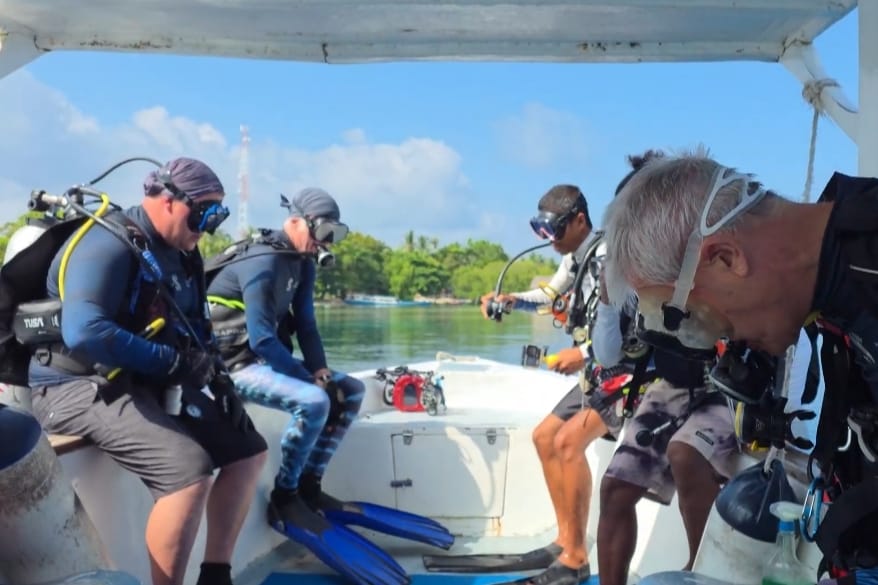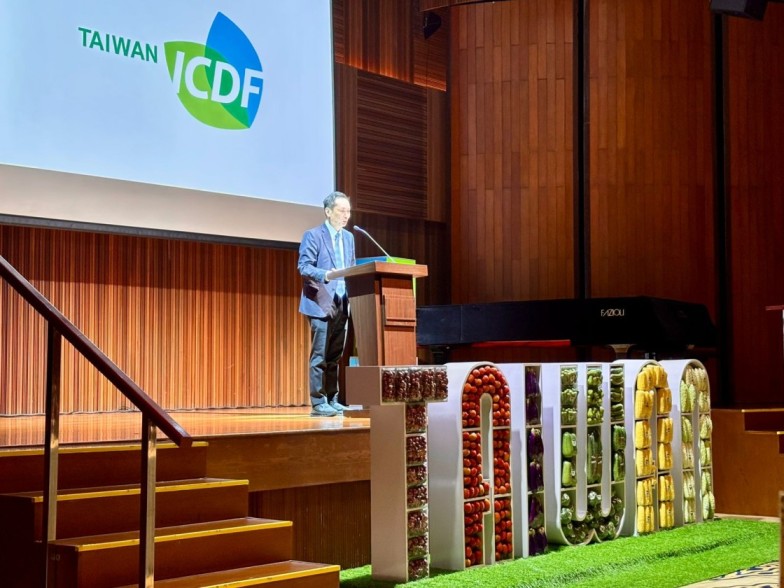IMF global policy agenda in line with G20 Presidency theme

Jakarta (Indonesia Window) – Bank Indonesia Governor Perry Warjiyo said that the IMF Global Policy Agenda: Act Now, Act Together, has been in line and complemented the theme of Indonesia’s G20 Presidency in 2022, namely Recover Together, Recover Stronger.
Perry Warjiyo made the remarks at the International Monetary Fund (IMF) – World Bank Annual Meetings, including the 4th G20 Meeting of Finance Ministers and Central Bank Governors, on Oct. 11-16, 2022 in Washington DC, the United States.
The governor of the Indonesian central bank outlined three main points to be noted.
The first is about the current global challenges that demand a policy response utilizing more than one policy instrument, thus necessitating development of the IMF Integrated Policy Framework (IPF) and the BIS (Bank for International Settlements) Macro-Financial Stability Framework (MFSF).
To that end, Indonesia already implements a policy mix consisting of monetary, fiscal, exchange rate stability and macro-prudential.
The second concerns the importance of developing financial digitalization. Bank Indonesia has actively developed payment system digitalization, including cross-border payment agreements with Thailand, Malaysia, Singapore and the Philippines, launching Quick Response (QR) Code, and Bank Indonesia Fast Payment (BI-FAST).
The third is about the importance of strengthening the global financial safety net (GFSN) to increase financing capacity in order to assist countries in need through a IMF quota reform.
The meetings have highlighted broad global economic activities, which have occurred more sharply than expected, coupled with high inflation.
The economic outlook has been impacted by the cost-of-living crisis, tighter financial sector conditions in most regions, the Russia-Ukraine conflict as well as the lingering impact of the Covid-19 pandemic.
On the occasion, the IMF put forward several policy response recommendations for member countries, namely a front-loaded monetary policy which is required to maintain price stability and to anchor inflation in the future.
The fund also mentions the main agenda of fiscal policy which is to protect vulnerable groups through targeted short-term aid to alleviate the cost-of-living crisis.
Given tight liquidity conditions in the financial sector, macro-prudential policy is required to safeguard against systemic risk.
It is also recommended that the structural reform be improved to increase the economic productivity and capacity to ease supply constraints and support the monetary policy in terms of dealing with inflation.
The IMF likewise gives a recommendation on policies to accelerate the green energy transition that is expected to give advantages to the energy security in the long term and reduce the macroeconomic cost due to the climate change.
The international monetary fund also recommends multilateral cooperation which is needed to avoid global fragmentation.
Reporting by Indonesia Window

.jpg)








